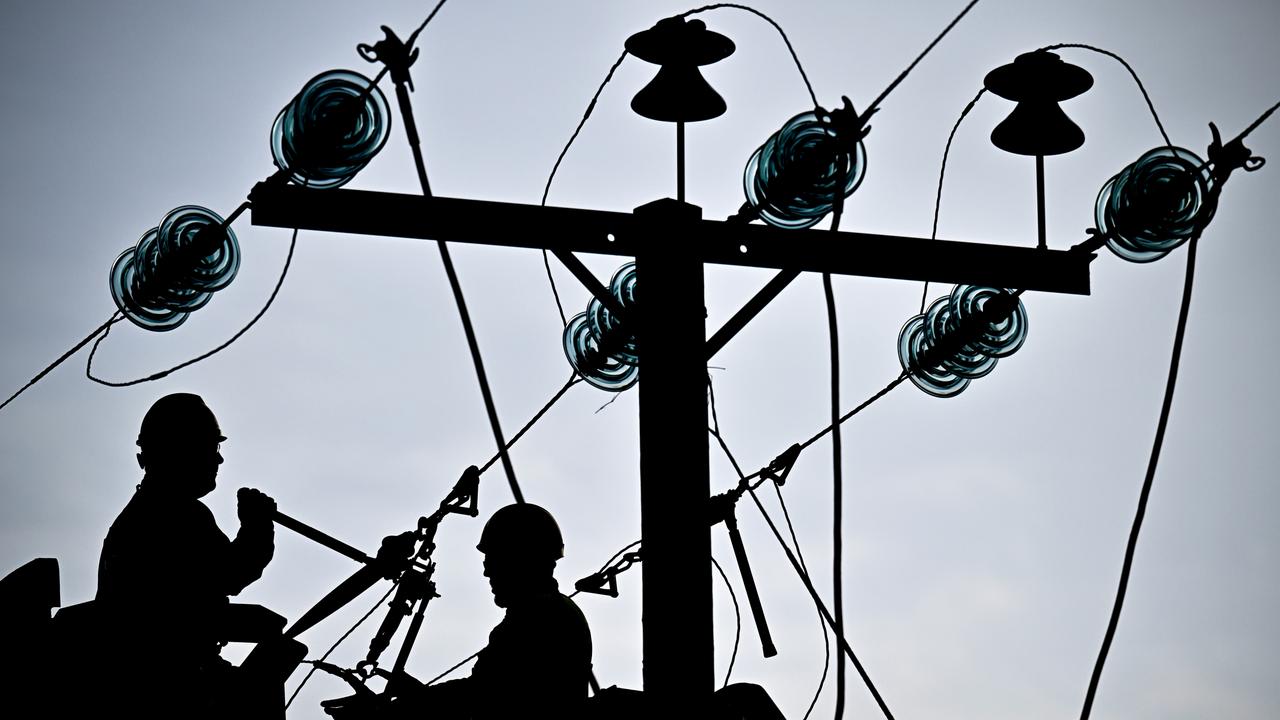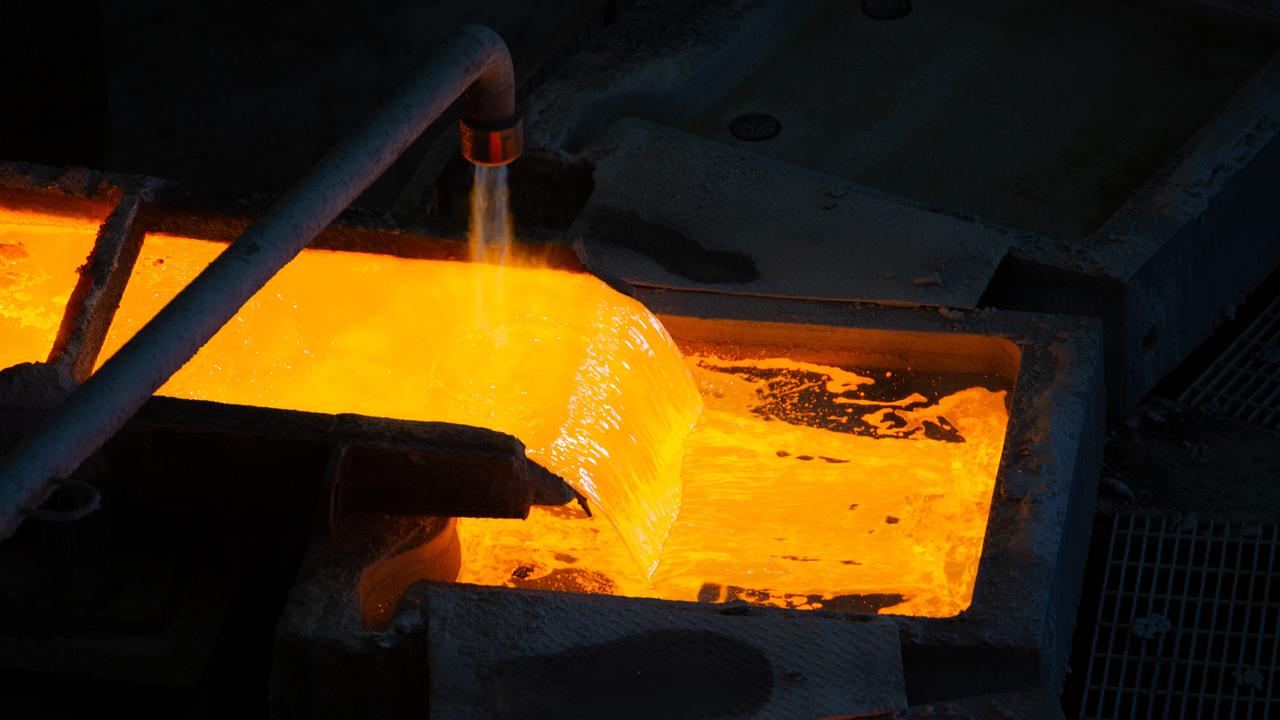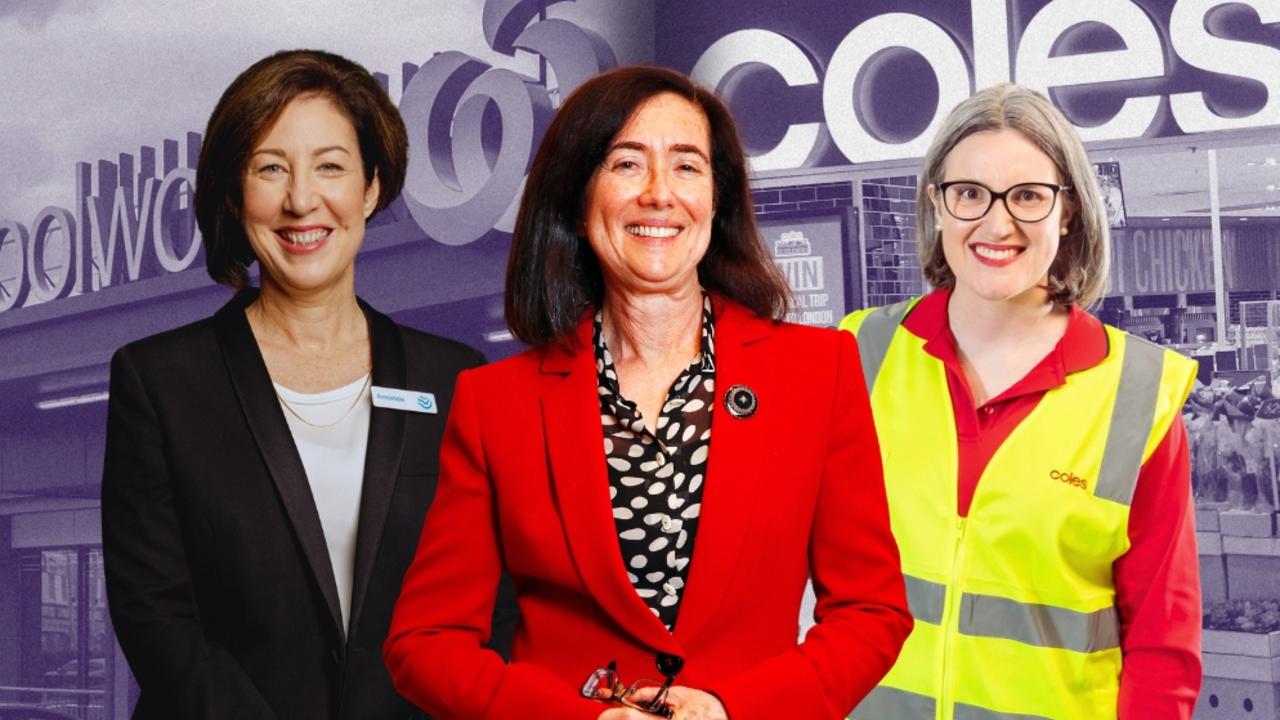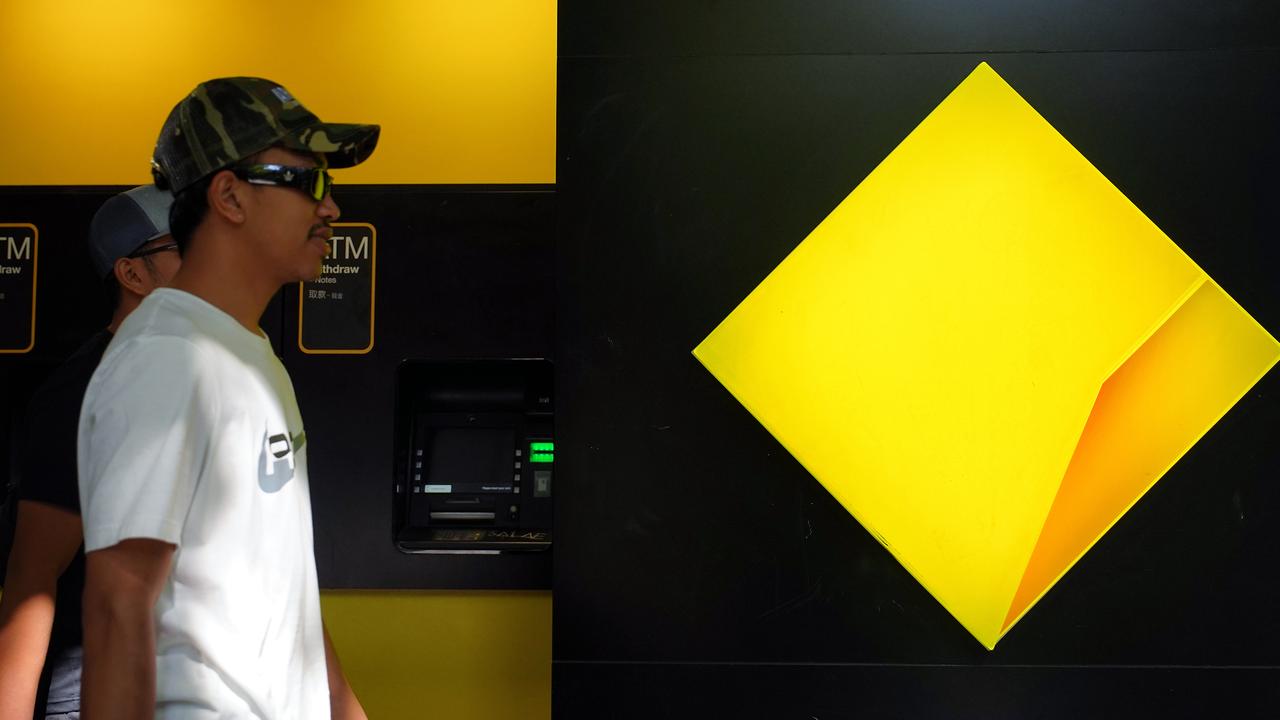Power shock: electricity bills surge for standing offers
Households face power bills rising by hundreds of dollars after the national regulator announced increases of up to 18 per cent on standing offers from the start of July.

Business
Don't miss out on the headlines from Business. Followed categories will be added to My News.
Households face power bills rising by hundreds of dollars after the national regulator announced increases of up to 18 per cent on standing offers from the start of July, sparked by surging fuel costs and coal plant breakdowns hiking wholesale prices.
Customers in NSW will pay between $119 and $227 more on their power bills next financial year, southeast Queensland households an extra $165 for 2022-23 and South Australia $124 more than last year, depending on usage. The rates were set as part of the default market offer, which puts a price cap on what retailers can charge customers who have not looked for a better deal and remain on standing offers.
Wholesale electricity prices at least doubled in most states in the first quarter of 2022 and quadrupled in Queensland amid high demand and fuel prices, while the Ukraine conflict saw gas markets also hit a record, new AER data released on Thursday showed.
The default market offer will rise by 8.5 per cent to 18.3 per cent for NSW residential consumers. The figures take into account Australia’s official forecast inflation rate of 5.5 per cent for 2021-22.
Customers in southeast Queensland would see annual increases of 11.3 per cent to 12.6 per cent, while users in South Australia were in line for 7.2 per cent to 9.5 per cent hikes, the Australian Energy Regulator said.
Small business customers in NSW face a 10 per cent to 19.7 per cent lift, a $690 to $1146 annual bill jump, with southeast Queensland up 12.8 per cent or $705 and South Australia edging up 5.7 per cent or $459 higher.
Wholesale costs for retailers have risen by 41.4 per cent in NSW, by 49.5 per cent in Queensland, and by 11.8 per cent in South Australia. Victoria on Tuesday increased its default power prices by 5 per cent on average from July 1, blaming surging wholesale costs in the national electricity market.
While default offers do not directly determine energy costs for most Australians, given only about 10 per cent of households are on standing offers, they set a benchmark and are seen as highly influential as big retailers set their own offers, starting July 1, in the next few weeks.
The huge price jumps have stoked broader concerns that smaller Australian electricity operators could follow the fate of British retailers, where nearly 30 energy companies have collapsed after failing to hedge against rising wholesale costs.
The AER said it was watching the threat closely and built a reasonable margins into its calculations. “Setting the DMO is not about setting the lowest price,” AER chair Clare Savage said.
“We are required to set a price that will allow retailers to recover their costs, earn a reasonable margin and support retailers to compete and offer better deals and products in a competitive retail environment. If a large number of retailers are unable to recover their costs and are forced to exit the market – as we have seen recently in the United Kingdom – that will add more cost to consumers,” she said.
Still, Energy Consumers Australia called for retailers to share more of the burden. “Retailers are not powerless to help consumers in this moment,’’ Energy Consumers Australia chief executive Lynne Gallagher said.
“Most consumers are supplied by the largest three retailers, and we believe there is some room in their margins whereby they can, and should, absorb some of the pain of rising wholesale costs.”
The AER conceded this year’s price-setting process had been difficult. “In setting these new DMO prices, we understand the significant impact they will have on some consumers who may already be struggling with cost of living pressures,” Ms Savage said. “We have given scrutiny to all factors affecting the DMO calculation and have set safety-net prices that reflect the current conditions and underlying costs to retailers.”
Still, the spike is likely to heap further pressure on smaller retailers, some of whom are more exposed to sudden swings and volatility in the market.
The move comes just a week after thousands of households were slugged with a doubling of power prices as retailers passed on surging costs, sparking fears of small operators collapsing from volatile market conditions and fuelling predictions annual bills may jump by hundreds of dollars this year.
Several second-tier electricity retailers have set price increases exceeding 100 per cent, with one Queensland operator telling customers to find an alternative supplier so they can dodge the unprecedented cost inflation.
Surging gas prices have claimed another victim, with a major NSW wholesaler forced to shut its doors on Monday, saying thousands of jobs were being put at risk due to an “unprecedented rapid rises” in gas and coal costs.
Weston Energy, which supplies gas to more than 400 companies and government agencies, ceased trading with immediate effect.
On Thursday, Origin Energy said it intended to offer Weston customers a fixed contract price for six months supply, and said customers should be wary of the spot market.
“Origin does not recommend customers expose themselves to the volatility and inherent risks posed by the spot market, and we urge gas customers and other market participants, including brokers, to carefully consider the ramifications of spot market arrangements,” an Origin spokeswoman said.
Originally published as Power shock: electricity bills surge for standing offers









